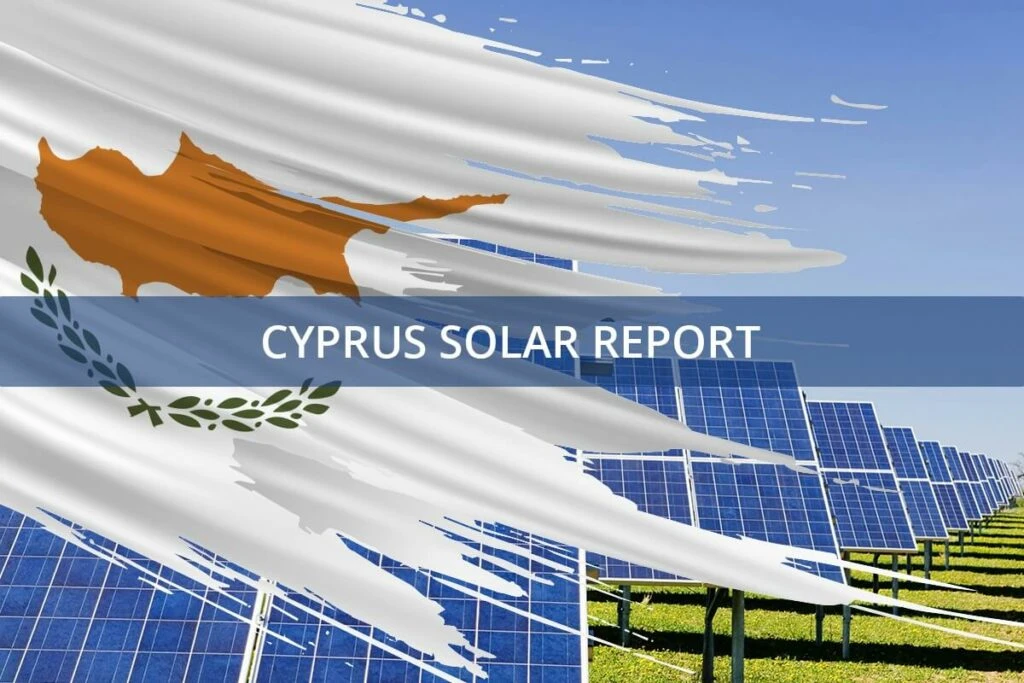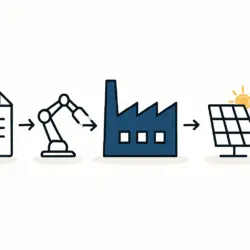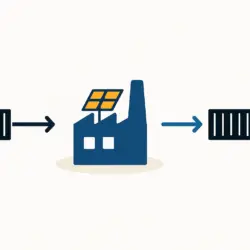Cyprus’ Akel party has filed a bill to prohibit the construction of new solar parks on farmland and protected areas starting in 2025, addressing growing concerns about the impact on agriculture and food security. The bill, expected to be voted on in November, proposes specific restrictions on the location of solar parks to protect valuable land and promote more sustainable energy development on rooftops and marginal land instead. This move comes at a critical time for Cyprus solar energy, highlighting the classic conflict between green energy expansion and land preservation.
Akel’s Bill Addressing Cyprus solar farmland restrictions
The Akel party of Cyprus has tabled legislation aimed at banning the construction of new commercial solar parks on certain types of land starting in 2025. The bill is highly specific, prohibiting solar park permits in five key cases:
- Land designated as having “a high natural value”
- Arable or permanently irrigated land
- Land designated as irrigated or areas irrigated under a government project
- Land within an environmental protection zone
- Land inside protected Natura 2000 areas
Crucially, the legislation makes an exception for farmers, who would still be permitted to install photovoltaic systems for their own operational use.
The proposed law aims to address concerns about the impact of large-scale solar projects, which require a significant number of panels and a detailed understanding of the basics of solar panel manufacturing and installation. The scale of development has become a major issue; in the Famagusta area alone, solar parks generating 58 megawatts (MW) are already operating, with authorities having approved permits for an additional 408 MW. With approximately 100 applications for commercial solar parks currently pending approval island-wide, the urgency is palpable.
Akel MP Yiannakis Gavriel emphasized the magnitude of the issue, warning that implementing all approved projects would have “devastating consequences” for both farming and the sustainable development of local communities.
Addressing Widespread Agricultural and Environmental Concerns Regarding Cyprus solar farmland restrictions
Critics of the current approach, particularly farmers from the Famagusta and Paphos districts, have repeatedly raised complaints about solar parks proliferating across the island, squeezing out agricultural operations and eliminating vital pastures. In response to these criticisms, Akel’s bill seeks to establish clear boundaries for solar park development.
The party is calling for a comprehensive review of the country’s renewable energy policies to ensure they align with the needs of the agricultural sector. The suggestion is to pivot government focus toward prioritizing renewable energy projects on rooftops and marginal, non-arable land, which would have a significantly lower impact on agriculture and biodiversity. This aligns with broader calls to update the national Cyprus solar energy policy for more sustainable growth.
Implications for the Solar Energy Sector and Cyprus solar farmland restrictions
The proposed bill has sparked a significant debate among stakeholders. Some industry representatives worry that the new restrictions could slow the growth of the solar energy sector, which is vital for Cyprus’s climate goals. The rapid expansion has already presented challenges, as solar energy in Cyprus faces grid saturation in some areas.
However, others, including Akel, argue that the bill is necessary to guide development in a more sustainable direction. The party has emphasized that the legislation is not intended to hinder the solar sector’s growth but rather to ensure it balances the needs of the environment and the agricultural industry. This policy debate is occurring as the sector already prepares for major shifts, including the reality that Cyprus solar net metering ends in 2025.
The Cyprus government has stated its commitment to finding a balance between renewable energy development and the protection of agricultural land, indicating it will work with all stakeholders to find a viable solution.
The Akel party’s bill has clearly highlighted the need for a more strategic and balanced approach to renewable energy in Cyprus. With the vote expected in November, all eyes will be on the outcome and its profound impact on the future of the country’s energy and agricultural landscapes. For the latest developments, you can follow Cyprus solar updates.
If you want to deepen your understanding of the solar industry, from policy to production, consider enrolling in our free e-course on solar panel manufacturing.



